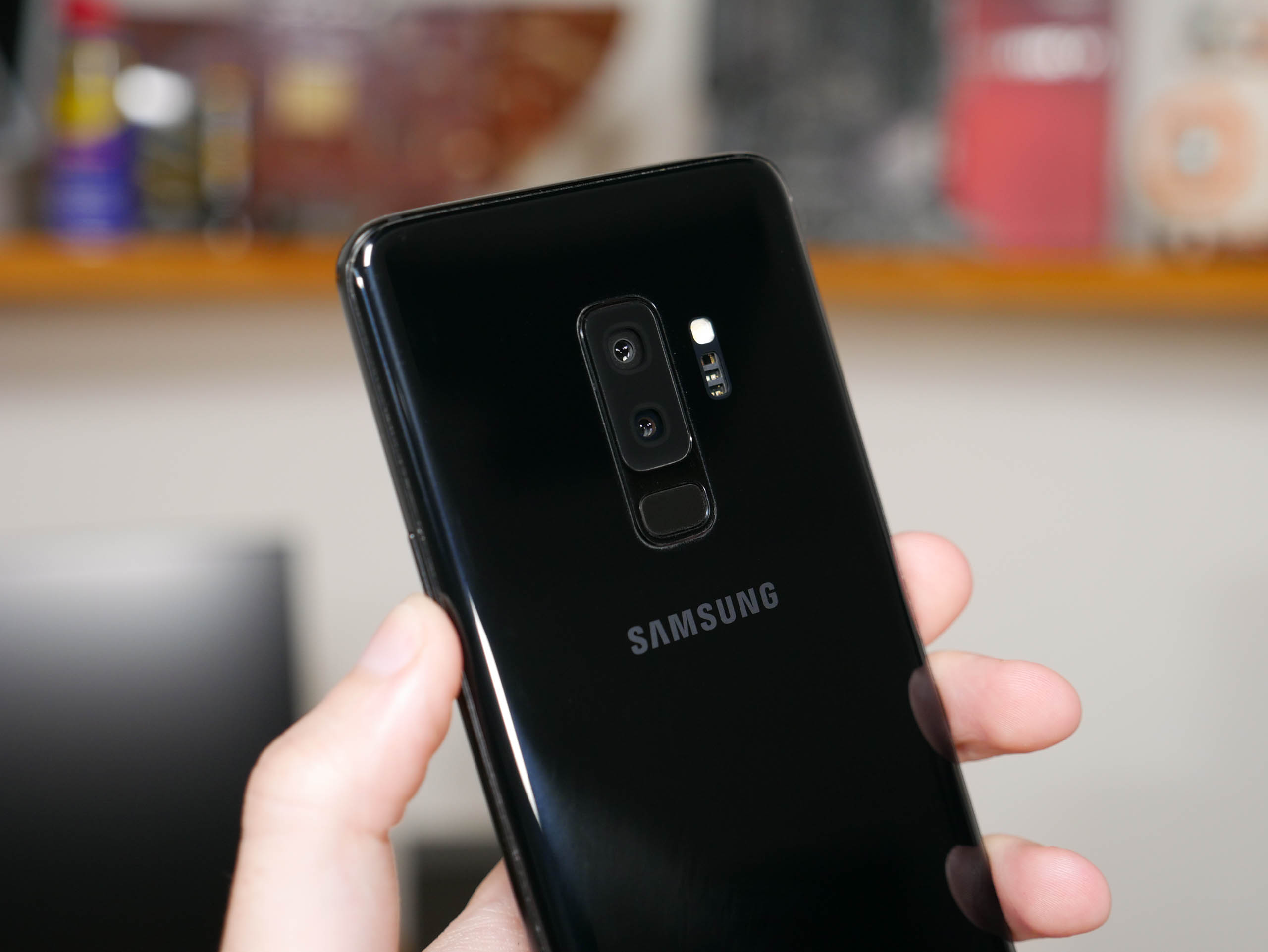Who Should Buy It?
The Samsung Galaxy S9+ is undoubtedly a good phone, if not a very good phone. While not a revolutionary upgrade, Samsung focused on minor improvements and many of these have led to a better smartphone than the Galaxy S8+. However at the same time, several areas of the Exynos model are disappointing.
It's clear that in this generation the Snapdragon model is the one you should get, and for those in some of the largest regions around the globe, this will be hard to achieve without importing.
The Exynos 9810's performance is puzzling. In many workloads it doesn't provide a significant performance uplift over the Exynos 8895, despite the new SoC packing major architectural changes. To make matters worse, in general the Exynos 9810 model performs no better than most Snapdragon 835 devices released in the past year, and that definitely should not be the case.
Battery life is also down when comparing the Galaxy S9+ to the Galaxy S8+, by roughly 10 to 15 percent across the board. Again, this is a bit puzzling considering the newer Exynos SoC is supposed to be more efficient, and other key specifications like the battery capacity have remained unchanged. The end result is relatively weak battery life compared to other flagship phones.
Aside from these SoC-related concerns, many other aspects to the Galaxy S9+ are very good. The largely unchanged display remains one of the best available, with both an oversaturated default setting, an accurate mode you can use if you like, and excellent brightness for an AMOLED. I'm still not keen on the curve, but that's a minor issue.
The design has been refined to address some of the criticisms with the Galaxy S8+ while retaining key features. The fingerprint reader is now better positioned and Samsung has introduced a decent face unlock feature and great stereo speakers. They've also retained the headphone jack, USB-C port, microSD card slot and water resistance.
The fragility concerns regarding the mostly-glass construction persist, but that's the price you have to pay for the looks unfortunately.
The camera has seen some clever additions, like the dual aperture lens, and picture quality is very good in general. It's not quite at a level that allows it to beat the Google Pixel 2 XL, but most people will be very happy with photos captured on this phone in a wide range of conditions. The Galaxy S9+ in particular is a decent option thanks to its 2x zoom lens. However, I wish the quality of selfies was a little better as the Pixel 2 XL dominates the Galaxy S9 in this area.
For those that bought the Galaxy S8 or S8+, there is little reason to upgrade to the Galaxy S9+ in light of mostly minor changes, especially if you only have access to the Exynos model. For those upgrading from an older handset, the past two years' worth of improvements do make the Galaxy S9+ a solid option, and if you are interested in buying one, try and hunt down the Snapdragon model if possible.
However it's not an instant recommendation. I'd be very hesitant to purchase the Exynos model considering its performance and battery life issues, especially if you can get a good deal on the Galaxy S8+ that offers a similar experience in many ways. The similarly priced Pixel 2 XL is also highly competitive despite being nearly 6 months older.
Bottom line, the Galaxy S9+ is a good phone with largely iterative updates, and especially if you get the Snapdragon version, offers a decent package to those coming from two-year-old handsets.
Shopping Shortcuts:
- Samsung Galaxy S9+ on Samsung.com, Amazon
- Samsung Galaxy S9 on Samsung.com, Amazon
- Samsung Galaxy S8+ on Amazon, Best Buy
- Google Pixel 2 XL on Google Store, Best Buy, Amazon
score
Pros: Attractive, improved design with lots of killer features. Display is still excellent, despite no major upgrades. Strong camera performance.
Cons: Disappointing performance and battery life from the Exynos model. Glass construction remains fragile. Galaxy S8 owners have no reason to upgrade.



